General Motors president Mark Reuss appeared confident the automaker’s deal with embattled start-up Nikola Corporation will go through during a conference call with analysts with week, sending the fledgling electric vehicle maker’s shares up by 10 percent.
According to Reuters, Reuss said the automaker is “continuing discussions,” with Nikola and said the partnership represents a “big opportunity,” for it to commercialize the hydrogen fuel cell technology it has been working on through its partnership with Honda.
GM entered a tentative agreement with Nikola in September to give it access to the jointly developed GM-Honda hydrogen fuel cell technology, along with its battery-electric vehicle tech, in exchange for an 11% stake in the company. A short-seller report then accused Nikola of being a “fraud” and highlighted various inconsistencies in claims made by the company and its founder, Trevor Milton, sending shares down sharply and leading to Milton’s resignation. GM then went back to renegotiate with Nikola, with its proposed 11% stake now worth significantly less than it was before.
It was previously unclear if GM would go forth with the Nikola deal, but Reuss’ comments are the clearest indication yet that it may be willing to renegotiate with the company. A report published last month indicated that GM is looking to gain an even bigger stake in Nikola in exchange for its services if it goes through with the deal. The new terms of the deal could guarantee GM a certain level of ownership from the outset, or provide it with a larger stake in Nikola if it were to raise a certain amount of money from outside investors.
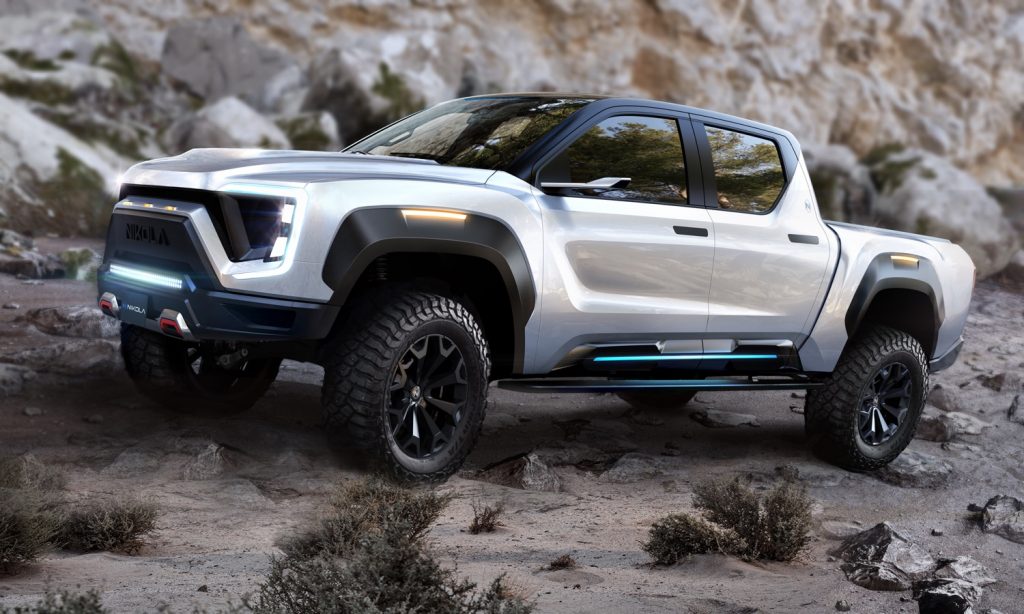
The previous deal would also see Nikola pay GM $700 million to engineer and manufacture the Nikola Badger electric pickup truck on behalf of the company. It’s unclear if the Badger will be part of the renegotiated deal, or if GM will now stay focused on commercializing its hydrogen fuel cell technology. Nikola also recently postponed a three-day debut event for the Nikola Badger called “Nikola World” which was set to feature musical performances and other live entertainment.
GM has not said whe nit will provide an update on its discussions with Nikola.
Subscribe to GM Authority for more GM business partnership news, GM business news and ongoing GM news coverage.

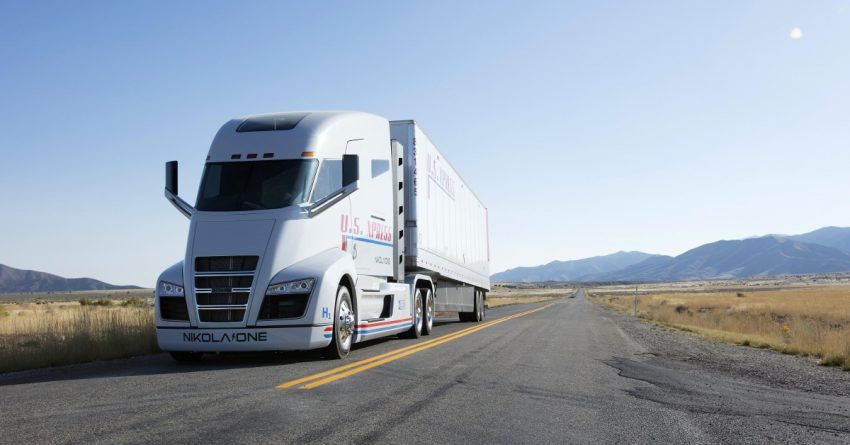
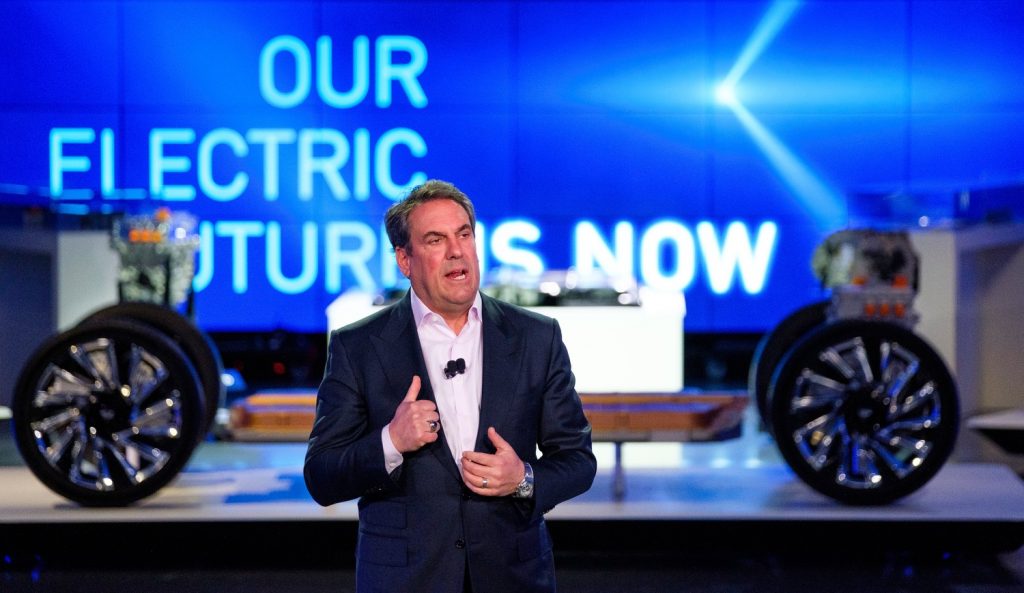
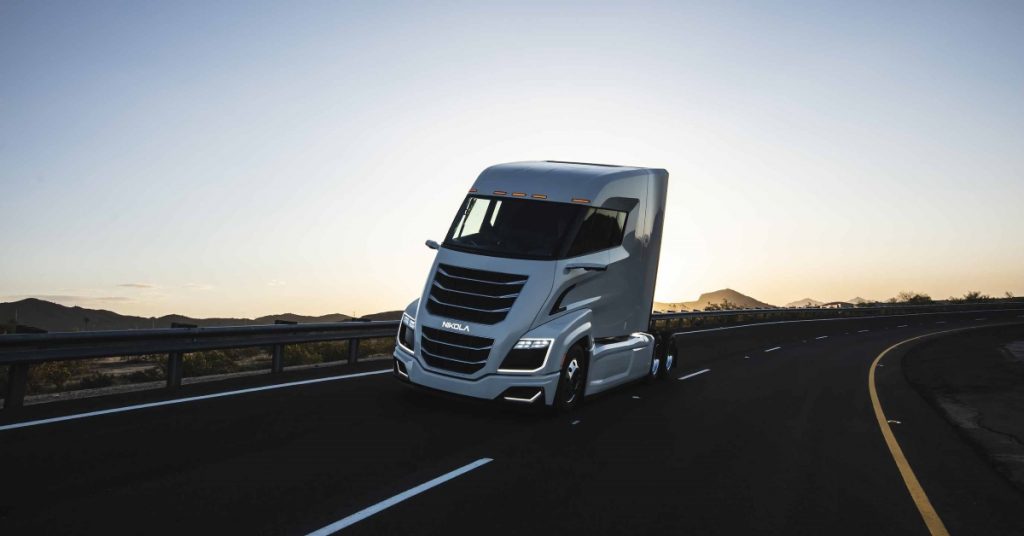
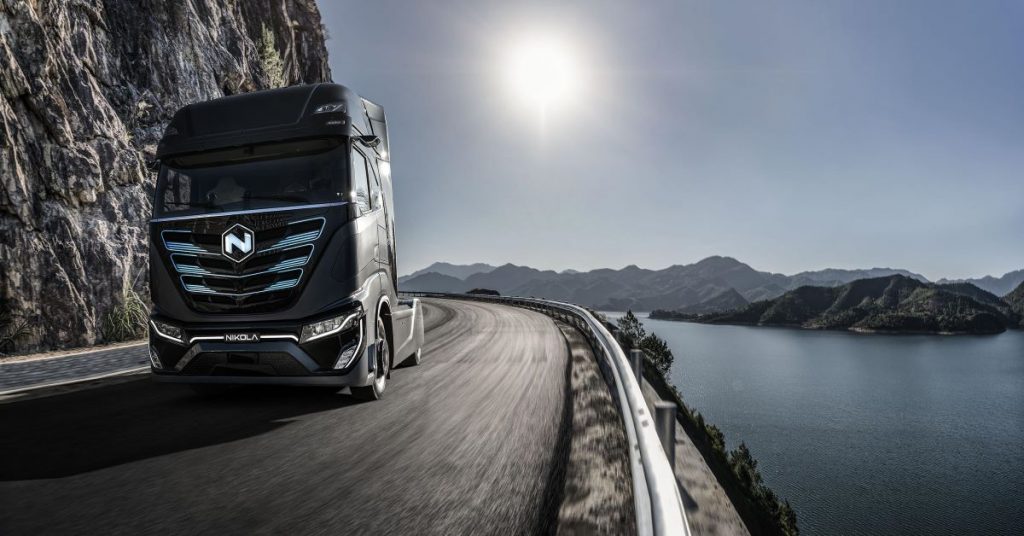


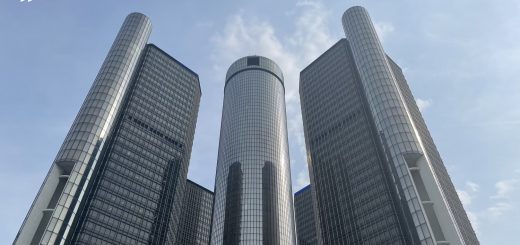
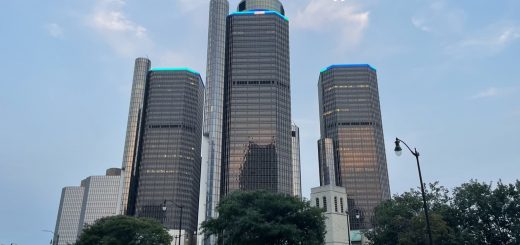









Comments
Can’t imagine GM would be that interested in the Badger pickup, they will have their own soon. Is GM after the fuel cell semi trucks?
I think the badger is just another opportunity to sell batteries and help drive down cost. If gm GM builds it, it makes money off it’s own competition. Little bit of a win win.
what fuel cell semi?!
I’ve only seen commercial trucking from a distance, except when the behemoths run me off the road with tremendous force of air currents on the I-5 Freeway in California when I’m on a long trip. It would seem to me that the drivers and truckers would be extremely interested in Fuel Cell vehicles, because Electricity while have just now matched or exceeded gasoline, is still behind fuel cell vehicles in total green footprint, according to several articles I’ve read. The Fuel cell faces the challenge of not having enough locations to obtain fuel. However, because they have the ability to go such long distances, as compared with gasoline or even EV’s, right now, the Fuel Cell or “blue gas,” trucks still look to be extremely attractive. They leave zero emissions behind. And, one does not have to have cooling systems for huge battery packs. How does that look for the bottom line? AF
I am in Logistics and most Big Carriers I speak with are much, much more interested in what Tesla will deliver to them than any Fuel Cell Company as of right now. If you understand how Trucking works you will understand that if you can convert to EV’s you can have Charging Ports at every Truck Stop as they plug in to sleep and most importantly at every Dock they pickup and Deliver to. And another HUGE advantage for them is that they can have Charging Stations much easier at their Truck Yards than Dig up and figure out how to Store Hydrogen. Tesla has a Huge opportunity and we shall see what they can offer up.
but batteries are heavy. doesn’t that take away from the payload?
It depends. Typically yes they are heavy but Tesla is supposedly saving a Lot of weight from other parts of the Semi and their upcoming Batteries will be more dense in energy so not as many will be needed. That is why Carriers are very intrigued. We shall see. If Tesla comes through with a winner, it will revolutionize the Semi World forever. Very slowly though. Not many Semi Trucks are produced every year. We w=shall see if their vision of BEV Semis will work.
I hope I am completely wrong because people are spending their hard earned money to invest but there are two dates to look out for if you are invested in Nikola.
First is 12/3
Second is 12/23
Those are the two dates that major Shareholders have to hold their Shares until.
I personally will be floored if they don’t Dump and Run as soon as they can.
There is so much FUD on trying to keep the Nikola Stock high that it is Crazy. If you invest and I am totally wrong and you Bank Huge on Nikola that is Great but I would be very nervous to do so. I mean Nikola basically admitted they will most likely NOT do the Badger Truck anytime soon if at all.
Seems like Milton got some pretty HUGE investment firms and banks to give lots of cash and they are desperately trying to Prop up Nikola until they can dump everything. Just my opinion though. I am definitely not a Financial Adviser.
Over 90% of hydrogen made today uses steam reforming of natural gas which requires not only natural gas but also significant heat energy to generate the hydrogen. After the hydrogen is generated it needs to be compressed to 10000 psi which requires relatively expensive compressors as well as significant electric power. The compressed hydrogen must then be refrigerated and stored in high pressure storage tanks / equipment that are expensive as well. When you put it all together hydrogen costs in the range of $10 / kg (roughly equivalent to about 1 gallon of gasoline). In addition, as was mentioned there are relatively few hydrogen refueling stations which would of course restrict the operating area of the trucks.
Exactly
And correct me if I am wrong but don’t Hydrogen vehicles require Batteries to operate like BEV’s?
If so, what is the point? Just go Full BEV’s
Like I said I could be wrong on that not 100% sure.
A FCEV would need a buffer battery which is continually being fed by the fuel cell and by the energy recuperation by braking thru the electric motors. This battery is significantly smaller the those which are the sole source of energy in a BEV.
Nikola is planning to electrolyze water to make hydrogen using wholesale grid electricity, What I’ve seen suggests that they could get the price for hydrogen down to 2-3 dollars per kilo. If true, fuel cell transportation is competitive. Additionally, the business model is to provide the trucks using a milage model at approximately $1/mile which includes the truck, fuel and maintenance. This must be fairly compelling as they have Bosch, GM, Anheuser Busch, and other very successful companies interested.
Hickman, could you please breakdown the $2 – 3 per kilo? Based on US government studies (some several years old), the electrolysis process requires 39 kw/hr of electric power per kg of hydrogen (assuming 100% efficiency). However, the best “real-world” efficiency that has been attained is about 80% so about 48.75 kg/hr of electricity is required to produce 1 kg of hydrogen. With the average cost of U.S. grid electric power @ $.1328 / kw/hr then the electricity cost for electrolysis would be $6.47. Add to that the required compression cost (10000 psi, also from U.S. government studies) @ 6 kw/hr per kg of hydrogen and we add another $.79. We are now at $7.27 / kg in pure electricity cost alone. This of course does not include the cost for refrigeration, facility / equipment maintenance, normal operating costs, facility / equipment amortization or a margin. Can you please expand the detail of your estimate?
Oscoda Bill –
The numbers I quoted were from Nikola. As I said in my original post, “if true”. I apologize for characterizing this as “From what I’ve seen” rather than “what Nikola said”
However, the flaw in your equations is the value you are using for wholesale grid electricity. I believe the number you are using is retail electricity. I calculate it top be about $.04 per kilowatt based on this https://www.eia.gov/electricity/wholesale/ That would make it about $2.10 per kilo before compression. Of course, this does not factor in any capital cost, etc.
The problem here is that would’ve experts are making statements with out current & proper documentation & with no authority. Arguments such as this could go on and infinitum & never get anywhere. Perhaps the focus should be on the cost of producing solar power which is then put into the car at night.
I think the only reason for the deal, was the credits GM was getting by the Government, that along with the write offs to build and produce the Badge.They could save a tremendous amount money on taxes paid in for what the government would allow as GREEN tax credits. Loop holes made by government, to be capitalized in by big corporate company’s, pretty smart ehhh!
Hickman, the so-called “flaw” in the calculation is actually the only way to obtain an “apples-to-apples” comparison of the cost of hydrogen to other forms of energy. The retail cost of $.1328 per kw/hr reflects the “real-world” full cost for electricity in the U.S. that makes it economically feasible to produce and distribute electricity on an ongoing basis. If the operating costs of a Tesla EV assumed a cost of $.04 kw/hr instead of the “real-world” cost of $.1328 kw/hr then the Tesla would have a similar reduction in the assumed cost of operation, however, as “real-world” drivers know, it would not be the real cost. When Nikola assumes that the wholesale rate for electricity should be used when making cost calculations for their technology it hides he true cost and concedes that the hydrogen technology needs a “subsidy” to be competitive.
Why Is Nicotine Salts High